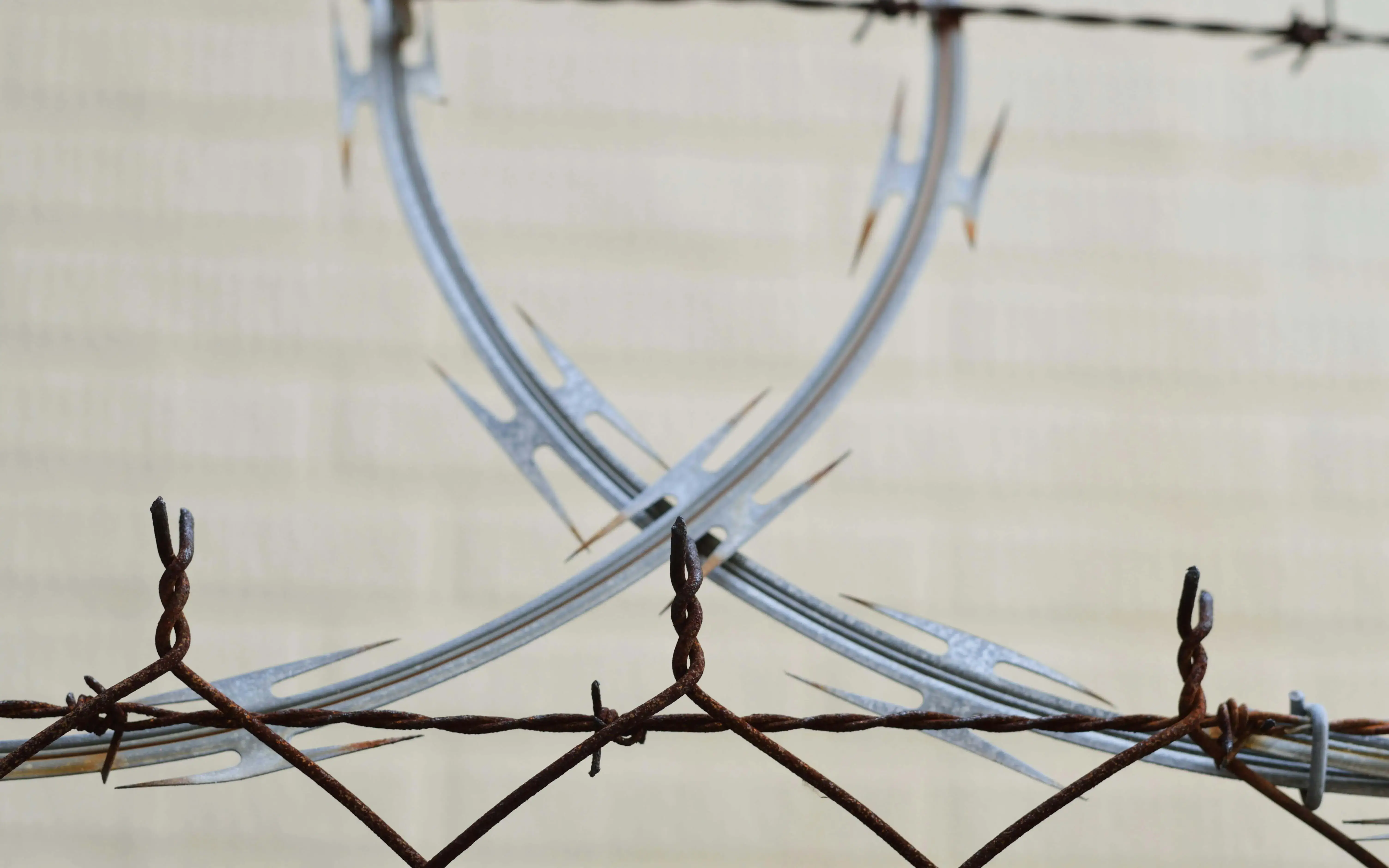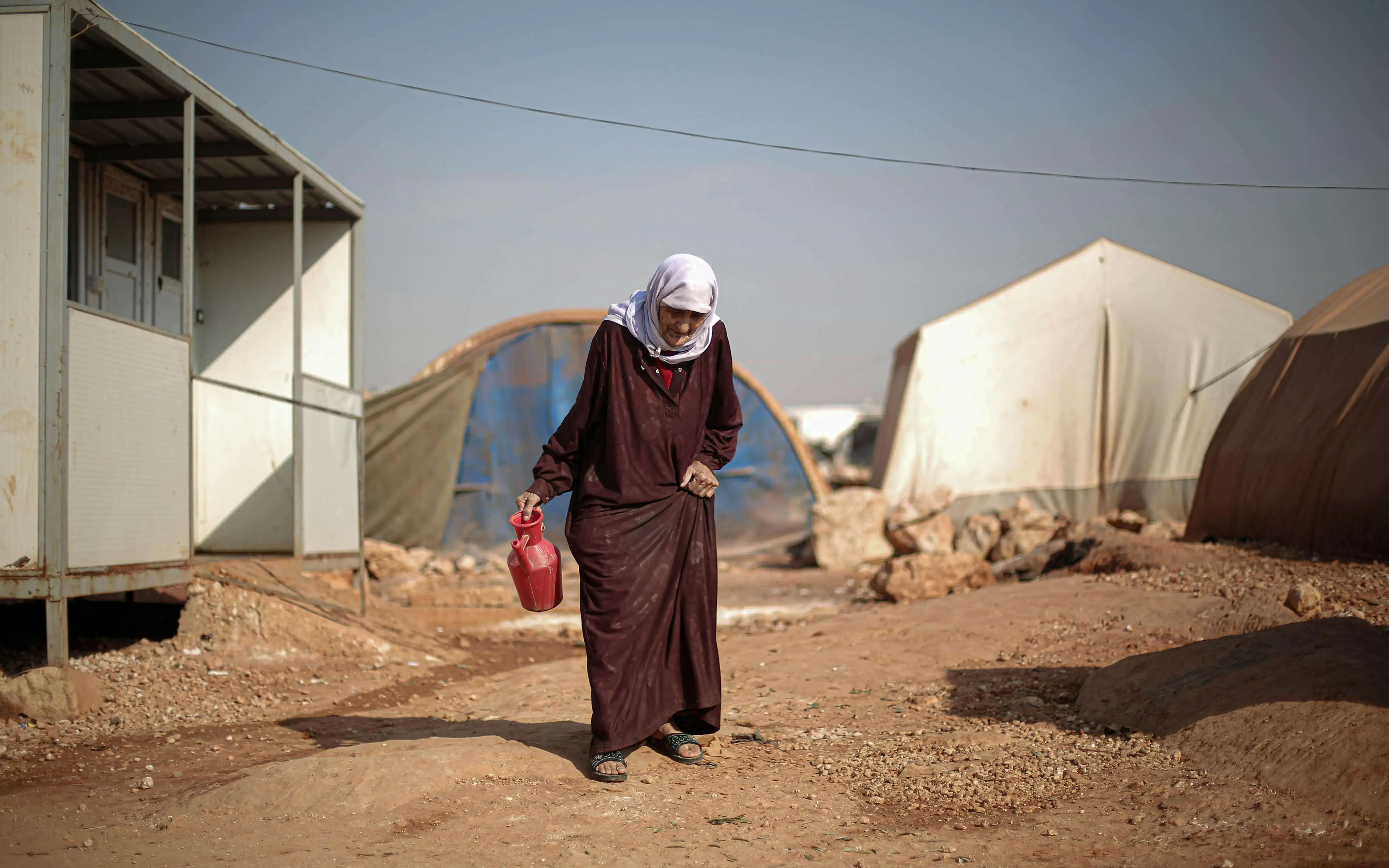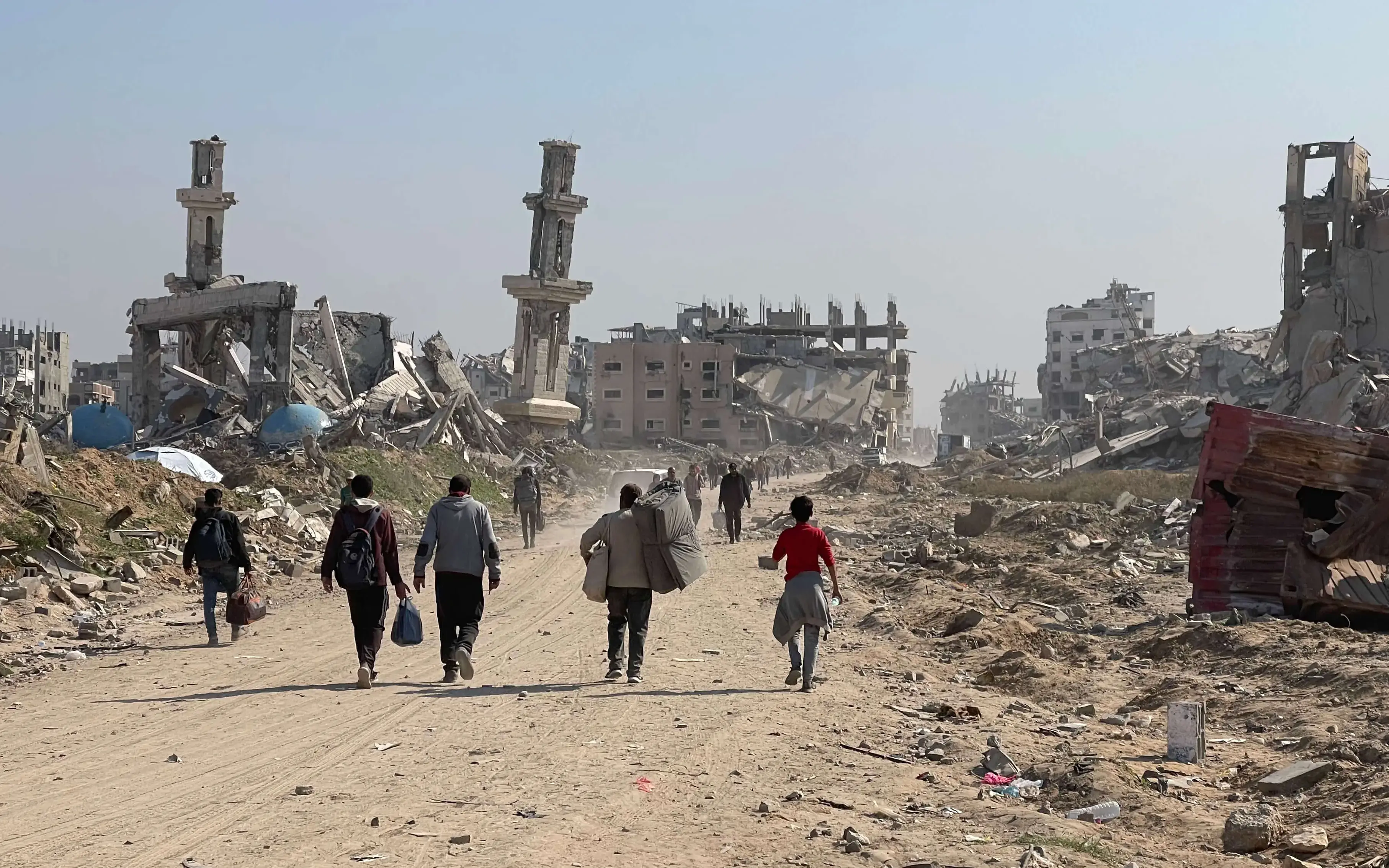The 'Stateless Movements' campaign is collecting signatures to demand the reform of the Statelessness Regulation
The European Network on Statelessness is the driving force behind the initiative, which aims to improve the conditions of people who are not recognized as citizens in any country for various reasons.
Stateless: Someone who does not have recognized citizenship in any state." This is how the Dictionary of the Institut d'Estudis Catalans defines a word that refers to a problem affecting millions of people worldwide. In Europe, more than half a million people find themselves in this situation, and in Spain, there are thousands.
This is denounced by the European Network on Statelessness (ENS), composed of over seventy-five European organizations, including the Comissió Catalana d'Acció pel Refugi (CCAR).
ENS has launched the 'Stateless Movements' signature collection campaign to request the Spanish government to reform the Statelessness Regulation, which would allow for "meeting the protection needs of stateless refugees."
In a statement, the association calls for guaranteeing legal assistance for affected individuals and their right to interpretation services to break the language barrier. It also demands that the application for stateless status be made both on territory and at borders, embassies, and consulates, "equalizing their rights with those of individuals seeking international protection."
Additionally, other demands from ENS include:
- Recognizing the right to provisional residence in the territory.
- Granting work authorization.
- Respecting the principle of non-refoulement during the application process for stateless status.
- Considering a special regime for family reunification.
- Reducing the timeframe established in the Civil Code for naturalization by residence to two years.
What does the situation of statelessness involve?
Being stateless leads to the loss of rights such as access to education, health care, and employment, among others. According to the United Nations High Commissioner for Refugees (UNHCR), statelessness can be caused by six factors:
- Discrimination based on race, ethnicity, religion, language, or gender. Most stateless populations worldwide belong to minorities. UNHCR data reveals that in twenty-five countries, laws do not allow women to transmit their nationality on the same terms as men, resulting in many children being stateless if their father is stateless, if their identity is unknown, or if he has died or disappeared.
- Gaps in legislation. Nationality laws are often not properly implemented, which excludes many people, especially children whose parents are unknown or who cannot prove their parentage in countries where nationality is acquired by descent.
- Displacement due to conflict. Children born in a foreign country may find themselves stateless if they do not acquire nationality from the country of birth and cannot receive it from their country of origin because it does not allow transmission.
- Emergence of new states and changes in borders. Ethnic, racial, and religious minorities are often the most affected, facing difficulties in proving their connection to the new country, even when laws allow all individuals to obtain nationality.
- Loss or deprivation of nationality. This can occur due to living outside the country of origin for a prolonged period.
- Failure to demonstrate a connection to the state. A birth certificate is a document that proves where one was born and thus establishes a connection to that country. Not having one can put individuals at risk of statelessness.
Stateless testimonies
The European Network on Statelessness features various testimonies from affected individuals on its website. Salka is a Sahrawi refugee who grew up in Toulouse (Basque Country). After finishing secondary school, she went to university in the United States, where she graduated in International Relations and Human Resources. She had a passport for Sahrawi refugees but had to return to Spain every year to renew her residence permit. The high cost of these trips led her to decide to stay in the U.S. one year to pay for her studies.
When she returned to Spain, Salka was unable to renew her residence permit or work legally. After two years of procedures at the police station, she was granted stateless status. She comments that "if you are not proactive and do not ask, months can go by before you find out that your application has been resolved" and explains that after obtaining this document, you must submit a new application for a foreign identity card, further prolonging the process.
Moustafa, on the other hand, was born in the Neirab refugee camp in Syria after his grandfather fled Acre due to the Israeli occupation. Despite being born in Syrian territory, he cannot access the procedure to obtain Syrian nationality because Palestinian refugees are excluded. His first 'travel document' indicates that he is of Palestinian nationality but does not allow him to apply for a visa, as the vast majority of countries do not recognize Palestine as a state.
After completing high school, Moustafa managed to get a visa to continue studying in Algeria, where he also could not apply for citizenship due to his status as a Palestinian refugee. Upon finishing his studies, he decided to stay but was imprisoned for "not having papers" (the student visa was valid for one academic year).
From Algeria, he moved to Morocco and then to Melilla, where he arrived by swimming after several attempts to cross the land border. He then traveled to Germany, where he sought international protection, but his request was denied. The German police detained him and returned him to Spain because it was the first country in the European Union where he was registered. Here, his asylum case was reopened, and after a few months, it was accepted, granting him subsidiary protection.








Add new comment